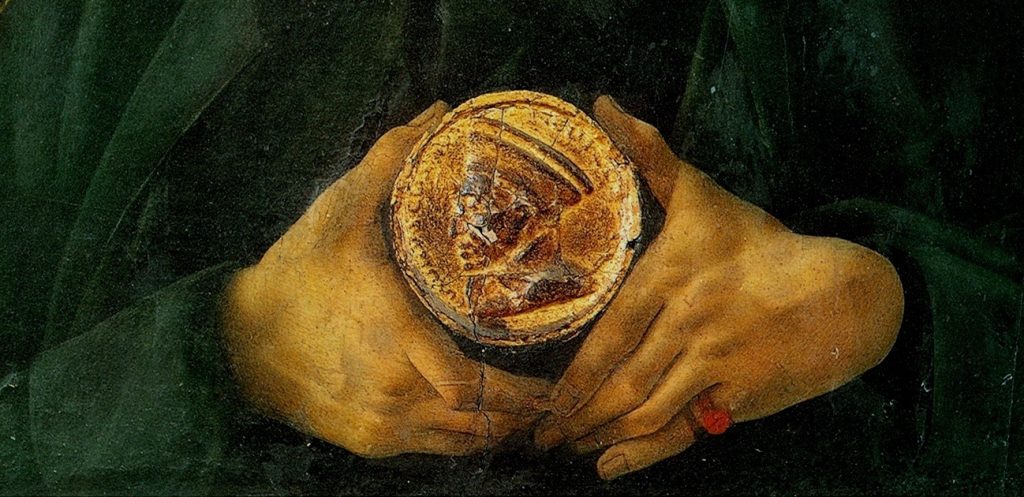Paris will host one of the most important sporting events this year – the Summer Olympic Games. And the race is already on, with nearly half of all voters worldwide expected to go to the ballot box this year. Nine parliamentary elections will or have already occurred in European countries alone, with thousands of candidates competing for 720 seats in the European Parliament.
In some countries, this year’s elections will mark a significant shift in the political landscape. The once-dominant political players may find themselves stepping down from their top positions, paving the way for the opposition to seize power. In other countries, the underdogs, who have long been at the bottom of the table, or who have played the role of ‘Gregorian’, will rise to the top, their winning seats in Parliament becoming the key to a governing majority.
The same three political forces – Christian Democrats, Liberals, and Social Democrats – played in the European Parliament in the final. However, the most significant shift is the rise of the radical right, who have long been seen as outsiders. These representatives, who significantly oppose the idea of the European Union itself, will make up as much as half of all parliamentarians, challenging the traditional dominance of the three center parties.
Populist parties have grown by exploiting the conflict between ‘us’ and ‘them’, between ordinary people and the power elite, whether left or right-wing, populists speak in the collective name of the people or the class, present themselves as saviors, and do not shy away from making utopian promises.
Analysts at the Swedish think tank TIMBRO, which produces the Authoritarian Populism Index, calculate that while support for populist forces hovered around 10% in the 1950s, it has risen to 25% by 2023. In other words, if all the political players were to participate in the Olympic opening ceremony this summer, a quarter of them would be running under the populist banner.
Last year was also a successful year for them. In the April Finnish parliamentary elections, the far-right Finns Party won a fifth of the vote and secured seven ministerial portfolios in the government. Bulgaria’s Revival Party, led by Kostadin Kostadinov, an influential nationalist leader, has become the third most significant political force in the country’s Parliament. Its popularity in the country has grown in just a few years, with 38,000 Bulgarians supporting the party in the 2017 national elections and 358,000 Bulgarians last year.
In Spain, the right-wing party Vox defended its position as the third-largest party in June. In Slovakia, Robert Fico hailed as Vladimir Putin’s new ally returned to the premiership and his left-wing populist party Smer-SD to power. In Poland, a change of government took place in October, with the return of the pro-European Civic Platform after eight years. Still, the right-wing Law and Justice party remains Parliament’s most significant political force, with the far-right Confederation winning an additional seven percent of the vote. In Switzerland, the right-wing, nationalist Swiss Party was again the largest party in November.
Last year’s elections confirmed once again that populism is no longer just a term to describe a political agenda but a reality of the political system. How this is already changing and will change the political order and how it will affect democracy remains to be seen.
It is true that, although it remains at an all-time high, support for populist parties has been stabilizing over the last five years. In the past, populist parties were thought to be doing well enough in opposition, but once in power, they struggled to implement their declared reforms and hold on to voters. So far, this formula has only worked in some cases. But it is not without their help that the political agenda of the old continent is increasingly loud in its opposition to the liberal democratic model, the principles of limited government and the separation of powers, and migration and minority policies.
What is often overlooked is the impact of the populist agenda on the economy. At the end of last year, a study in the academic journal American Economic Review estimated that fifteen years of populist rule could mean a loss of 10% of the country’s gross domestic product. Not surprisingly, right-wing populists, in particular, often propose tax cuts while advocating increases in public spending. They have grievances with multinational corporations, world trade, and globalization, and they believe in protectionism, not only of the local man but also of local business. In the long term, this hinders economic growth and reduces competitiveness.
So, the race in the political arena is not just for better places in the final medal table and “eternal” glory. It is taking place at a time when economic growth is not a prerequisite but a necessity for at least sustaining prosperity.
Written by Kotryna Tamkutė – communications manager at Lithuanian Free Market Institute.
The article was originally published in IQ.
Continue exploring:
“The Election Book. Mandate for Leadership” – Compass in Sea of Election Promises
EU Elections Results and What Do They Mean for the EU Green and Global Agenda with Pat Cox [PODCAST]



